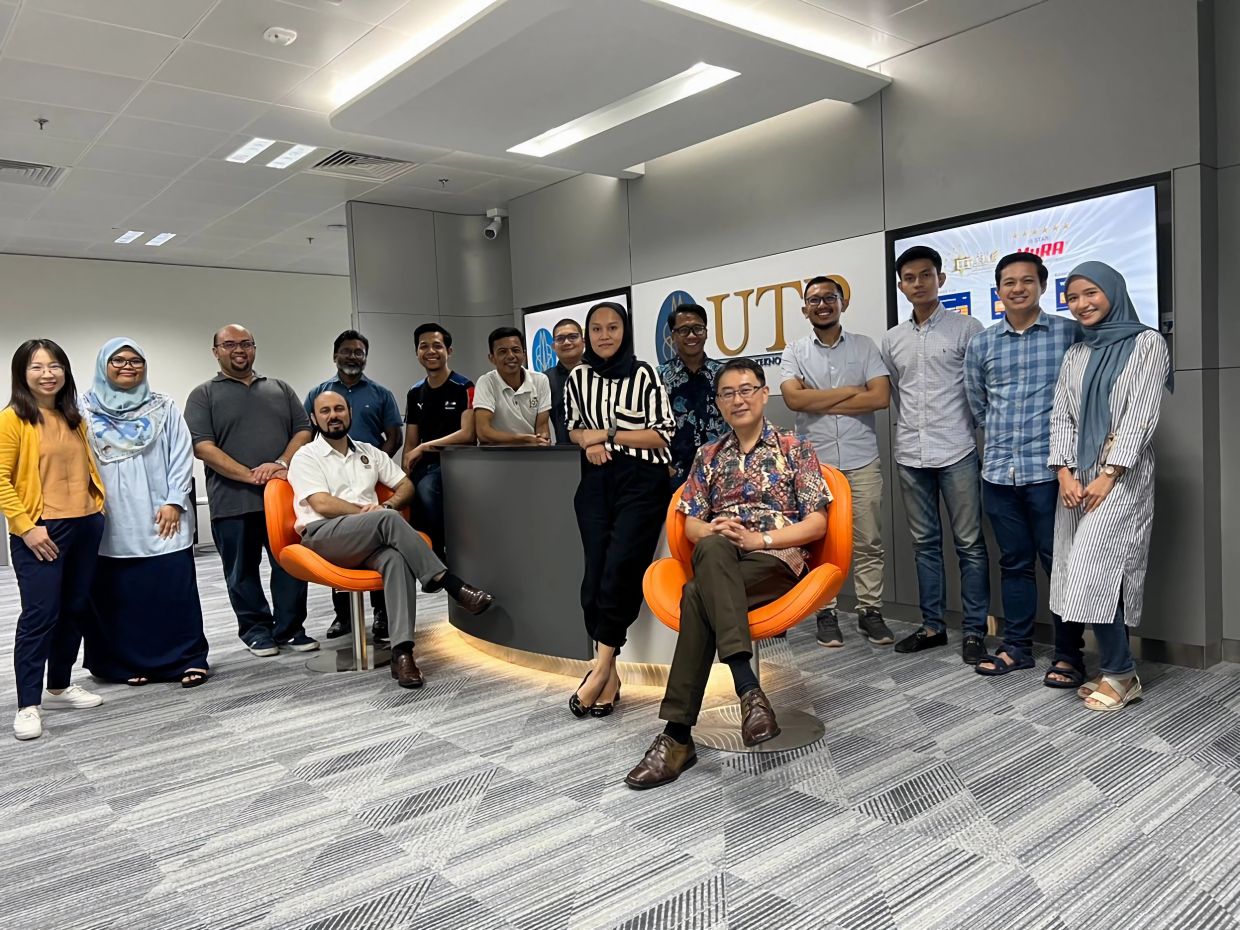Building leadership in energy management
FAST-DEPLETING energy sources, the intensifying scrutiny over energy costs and carbon output amid the increasing urgency of climate change have shone the spotlight on energy management.
The leadership required to navigate the organisations through this new energy landscape is paramount, as businesses look to control energy costs, pivot to new energy technologies and embed sustainability within their organisations.
When Universiti Teknologi PETRONAS (UTP) introduced its Master of Business Administration (MBA) in energy management in 2014, it understood the need to equip future business leaders to face challenges that lay beyond those in the traditional business realm.
With its close linkages with the oil and gas sector and in particular, the collaborations with PETRONAS, UTP is cognisant of the challenges facing the energy sector.
Chair of the Management and Humanities Department associate professor Dr Lai Fong Woon says the university was already aware back then of the global shift from fossil fuels and conventional carbon-based energy sources towards renewable and other alternative sources of energy.
Against this backdrop, UTP saw that a resourceful talent pool of energy management professionals was important to navigate global challenges, as well as deliver on the United Nations Sustainable Development Goals.
“We were also driven by the philosophy of developing leaders who are competent in driving and sustaining global energy business,” says Lai, adding that competent business leaders are crucial to nation building.
What sets UTP’s postgraduate programme apart from the others offered in the region is this sectoral specialisation in energy management.
“We have positioned the programme to help scholars sharpen their managerial skills or to acquire more managerial skills for their career advancement,” says Lai, adding that engineers moving up the corporate ladder, for example, need general managerial skills in analytics and financial analysis.
This is where core business subjects, such as accounting, corporate finance and marketing, come in.
Energy management modules covering energy value chain, energy management, energy technology and innovation, low carbon economy and sustainability, and energy regulations and policies meanwhile would be advantageous for those who wish to be involved in the energy sector in the future, such as those from the legal or financial services professions.
Najiha Hambali, who is the head of social impact management at a leading global energy company, found that the programme accelerated her understanding about the current issues, challenges and opportunities in energy management.
“As the company embarked on its journey of energy transition and sustainability, I really felt the urge and need to upskill and equip myself with the knowledge of energy management to be able to contribute better.
“The syllabus offered provided the breadth of knowledge required and I find it fit for purpose,” she says.
Najiha, who graduated in 2022, highlights that the role of strategic relations and communications is to connect strategic partners with the business and solutions partners to the stakeholders. A better understanding of the business enables us to co-create value more effectively.
Apart from the core business and energy management modules, the MBA programme also includes a management consultancy project.

Lai says this module allows students trained to be an internal consultant of their company to identify, analyse and provide proposed solutions in business issues.
Programme manager Dr Amjad Shamim concurs, adding that graduates will be able to demonstrate leadership skills and responsibility in managing their business and energy related organisations.
“By incorporating research methodology and management consultancy project (MCP) into the programme, we upskill our students with research and consultancy knowledge, enabling them to conduct research, lead projects, and act as consultants. They can identify problems, apply the methodologies learned to diagnose issues, collect data, and make final decisions on their respective projects” he adds.
The programme, he says, also boasts industry driven insights from PETRONAS and the energy industry as well as academicians from other institutions of higher learning. These insights delivered through adjunct lectures make for a rich and diversified learning experience.
 Since 2020, the programme is offered via Open and Distance Learning (ODL), which makes it a plus for working professionals, who currently make up a significant number of enrolled students.
Since 2020, the programme is offered via Open and Distance Learning (ODL), which makes it a plus for working professionals, who currently make up a significant number of enrolled students.
“The programme is also based on a flexible learning model, which helps students to balance their education and the job.
“Lectures and classes are only held during the weekends and if they are unable to attend then they are provided with a recording of the lecture and self-instruction material. At the same time, students can also schedule customised sessions with their lecturers to seek further guidance as and when required,” says Amjad.
He adds that the programme also offers collaboration and networking opportunities as 95% of the students are working professionals.
“As they are from various industries, there are many opportunities for them to learn from one another.”
Najiha agrees, adding: “One of the most valuable things were the conversations and experience-sharing we had in class and project groups, which were so enriching as my classmates came from various industries.”
Lai, who was involved in the development of the programme almost a decade ago, says the programme exposes students to a wide array of real industry challenges and case studies.
In addition to lectures, the programme offers multi-sided learning approaches such as seminars and consultancy-based projects. To ensure that the programme remains robust and relevant, UTP engages international external examiners as well as the members of its industry advisory panel annually.

